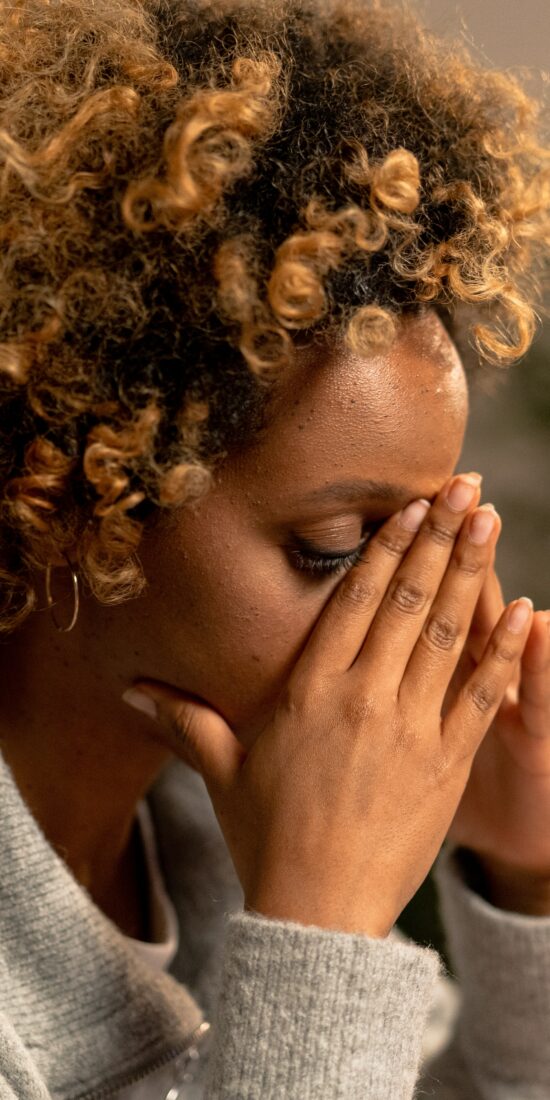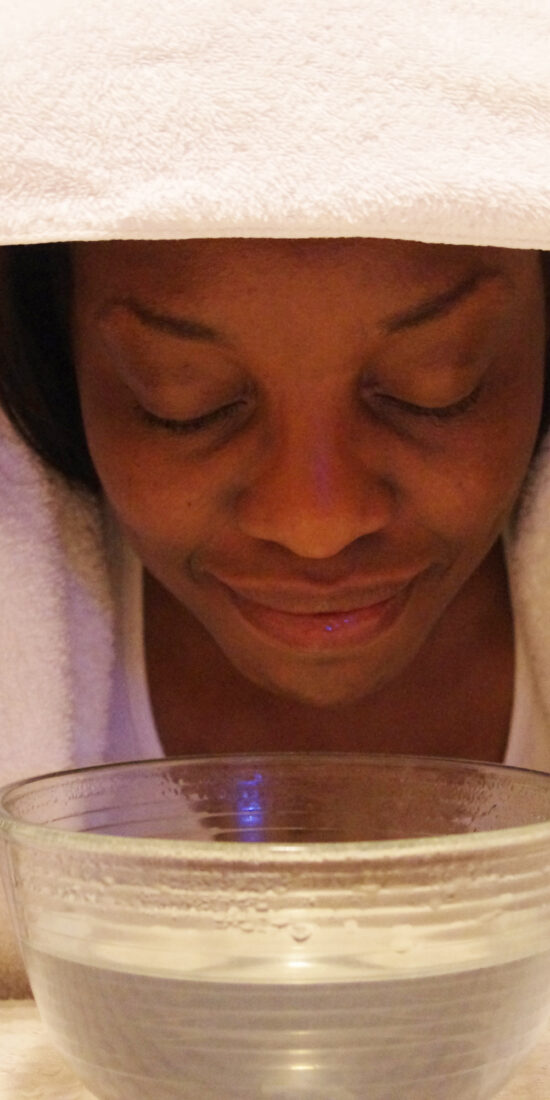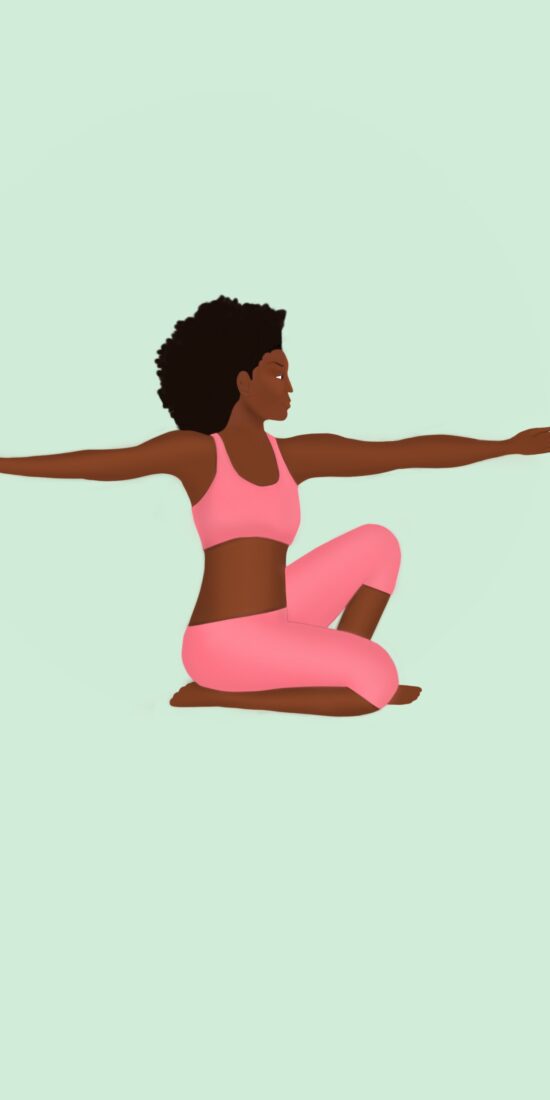
Simone Biles: Championing Mental Health and Black Women’s Wellness
Simone Biles, an American gymnast, won three gold medals at the Paris Olympics after choosing to withdraw from the Tokyo Olympic Games in 2020 to protect her mental health. By doing so, she disrupted the narrative of self-sacrifice at all costs and highlighted the importance of Black women’s wellness.
When Simone Biles went to the Tokyo Olympics, she felt like she was carrying the world on her back. The immense pressure from the media, which depicted her as “the greatest of all time” or “the star of the Olympics,” forced her to live up to high expectations. With eyes constantly on her and endless commentary about her performance, the pressure to succeed was overwhelming.
Due to COVID-19 restrictions, athletes couldn’t go out, train normally, or balance their lives. The social isolation and lack of moral support, even from her own grandparents who couldn’t attend, took a toll. At the time, many athletes underestimated the importance of connection and community in their performance. This is why my wellness planner helps you create a balanced life by focusing on connection.
During the Olympics, Simone felt something was wrong. She later described the light triggering a reaction. Her grandmother noted that after 20 years of mastering her skills, this one year threw everything off. Simone decided to withdraw, feeling imprisoned in her own mind and body, struggling with a dangerous condition known as “the twisties,” where the brain stops communicating with the body, leading to potentially fatal mistakes.
Her decision led to a stream of unfair tabloid and social media backlash. Many accused her of abandoning her team and failing America, questioning her value if she wasn’t winning medals. This reaction reflects a long history of exploiting Black women, where their wellbeing is often weaponized in cultural conflicts. Despite increased awareness of mental health issues, Black women, especially those in the spotlight, are routinely denied empathy. This lack of empathy is rooted in media portrayals and systemic biases, which prevent Black women from being seen as vulnerable. Instead, they are often depicted as strong, independent, fiery, and angry traits not typically associated with softness or fragility, which are linked to white womanhood.
People often overlook that Simone Biles is a sexual assault survivor, an experience that inflicts profound, long-term pain. Similar to how men are denied emotional expression due to perceived masculinity, Black women are hyper-masculinized because of their Blackness, facing more scrutiny and skepticism regarding their pain and suffering. The myth of the “strong Black woman” is a pervasive stereotype that frequently undermines their experiences.
When Simone Biles chose to step back, it forced people to scrutinize gymnastics and the pressure placed on athletes. She said, “Put your mental health first because if you don’t, you’re not going to enjoy your sport and you’re not gonna succeed as much as you want. So, it’s okay to sit out of competition to focus on yourself.” Her decision was a powerful example of self-care and listening to oneself.
It turns out that what happened at the Olympics was a trauma response to her past abuse. She didn’t receive the proper care because she thought she was okay, but her mind and body eventually said otherwise. This is why, in my Black Women’s Wellness book, we focus on listening to your body and mind to prevent future issues.
Simone Biles’s choice to prioritize her mental health opened up conversations, helping people feel heard and seen. She returned to gymnastics, starting with small steps as part of her healing process. By 2023, she took her training seriously again, seeing a therapist regularly, which improved her performance.
When she competed again at the World Championships, she adopted a different approach, avoiding the media, deleting Twitter, and continuing her therapy. Her trainers asked the media to ease the pressure on her.
Returning to the Paris Olympics in 2024, Simone Biles won three Olympic medals, becoming the third most decorated female gymnast with ten Olympic medals.
Simone Biles, a young Black woman and survivor of the foster care system and years of sexual abuse, courageously stood as a witness in the trial of her abuser. She captivated us all, winning medals despite injuries that would have benched anyone else. When she decided to step back, saying, “No. I’m not going to push myself any further. And while it may be inconvenient timing, I’m out. I just need to let the girls do it and focus on myself,” she made it clear that prioritizing mental health isn’t quitting or a sign of weakness. Simone understood that her mental health must come before her love for the sport, before the medals and the trophies. For her bravery and self-awareness, Simone Biles will always be a champion.





